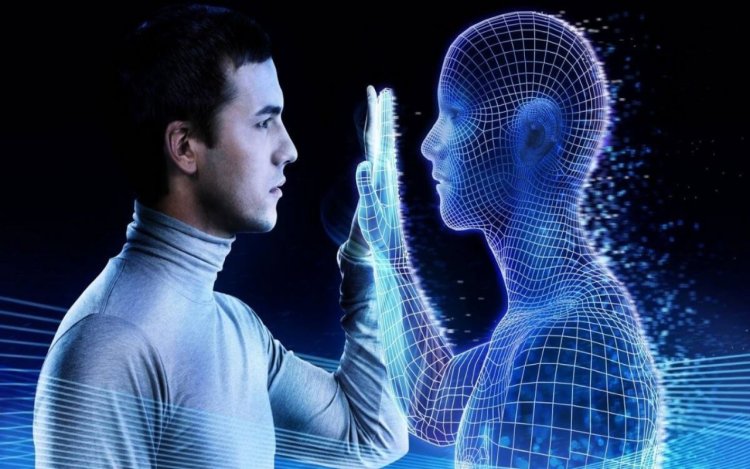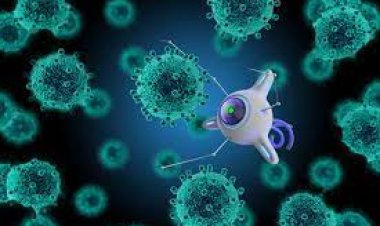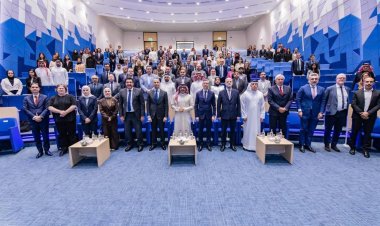Ray Kurzweil Predicts Human Immortality Within Seven Years

Renowned futurist and former Google engineer Ray Kurzweil has once again made headlines with his bold claim that humans could achieve immortality within the next seven years. Known for his impressive track record of accurate predictions in about 86% of 147 forecasts, Kurzweil’s latest vision paints a future where science and technology merge to defeat aging and disease.
Kurzweil, who received the National Medal of Technology in 1999, first introduced these ideas in his 2005 book, The Singularity Is Near. He predicted that by 2030, rapid advancements in genetics, nanotechnology, and robotics could enable humans to live indefinitely. Central to his vision are nanobots, microscopic machines capable of repairing cells and tissues, preventing disease, and effectively halting the aging process.
He also forecasts that by 2029, artificial intelligence (AI) will reach human-level intelligence, and by 2045, a technological event known as “the singularity” will occur, a moment when humans and AI merge, amplifying cognitive abilities far beyond current limits.
Many of Kurzweil’s past predictions have proven true, including the rise of AI in chess when IBM’s Deep Blue defeated Garry Kasparov in 1997, just as he had predicted would happen by 2000, and his forecast that laptops would reach brain-level data capacity by 2023.
Other tech visionaries share similar outlooks. SoftBank CEO Masayoshi Son, for instance, has also predicted the arrival of super-intelligent machines by the mid-2040s. However, some, like Elon Musk, have voiced serious concerns, warning that AI progress is moving too fast without adequate regulation.
Kurzweil’s prediction of human immortality continues to ignite debates inspiring optimism among futurists while raising profound ethical and philosophical questions about what it means to be human in an age of accelerating technology.























